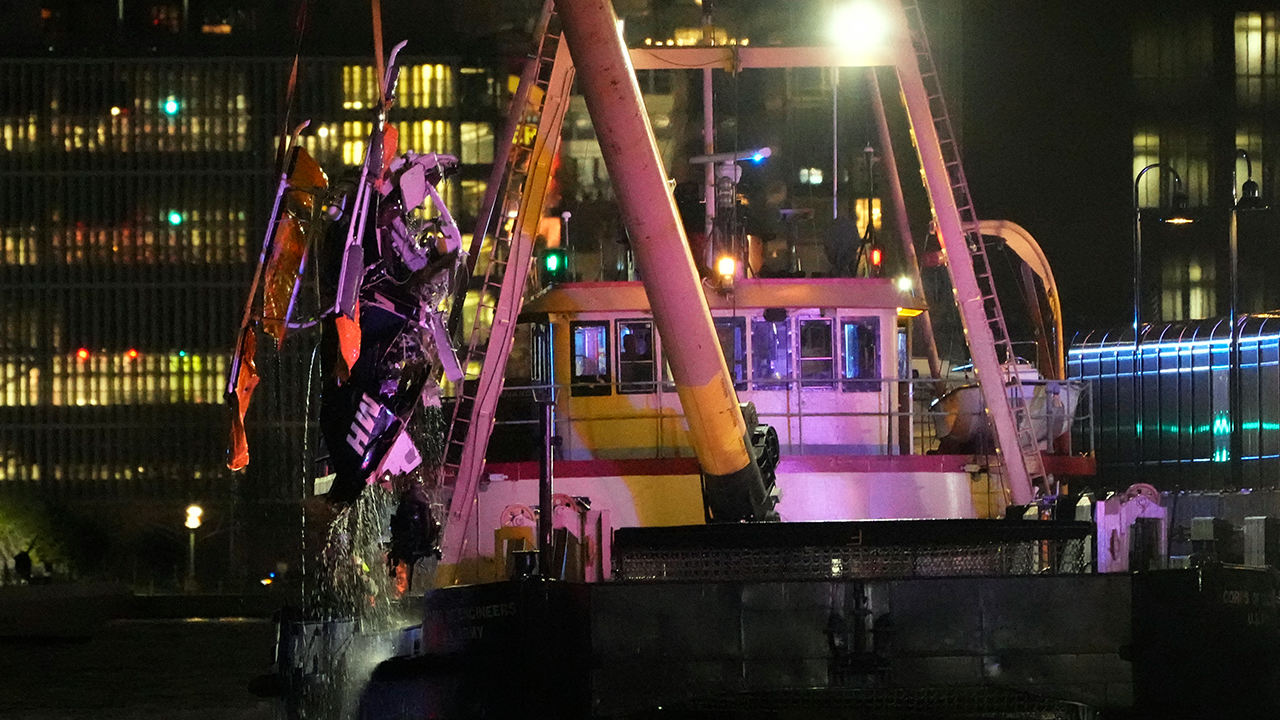Supreme Court rejects Trump bid to void California sanctuary law
The Supreme Court on Monday refused to hear the Trump administration's challenge to California's sanctuary law.

WASHINGTON (KABC) -- The Supreme Court on Monday refused to hear the Trump administration's challenge to throw out California's sanctuary law that restricts state and local law enforcement agencies from cooperating federal immigration authorities.
The justices' order leaves in place lower court rulings that upheld the law. Court documents show only Justices Clarence Thomas and Samuel A. Alito Jr. voted to hear the appeal.
The administration said the 2017 state immigrant-sanctuary measure conflicts with federal immigration law and makes it harder to deport people who are in the country illegally.
California argued that encouraging local police to participate in federal immigration enforcement is counterproductive because it makes people less likely to report crimes if they believe they'll be deported for doing so.
The case is at the heart of long-running tensions between the state and the Trump administration over immigration enforcement. California adopted the measure - which bars local law enforcement from collaborating with immigration enforcement agents except in cases involving more serious crimes - shortly after President Donald Trump took office and stepped up efforts to deport immigrants in the country without legal permission.
Local law enforcement was split on the law. Some felt it tied their hands and allowed criminals to re-offend who previously might have been deported, while others welcomed being able to sever themselves from the administration's immigration crackdown to preserve the trust of immigrant communities.
On Monday, California's Attorney General Xavier Becerra said decisions concerning public safety are best made in California, not by the administration, and ensuring residents can trust police is critical.
"The last thing we need to do is to erode that trust," Becerra said in a statement. "Today, America is experiencing the pain and protest that occurs when trust is broken."
Earlier this year, Customs and Border Protection said it was deploying federal agents who patrol the U.S. border to "sanctuary" cities across the country where local jurisdictions were hindering stepped-up immigration enforcement.
The announcement of the deployment to the interior of the country was unusual and represented another escalation in the confrontation between the Trump administration and the local jurisdictions that have set up roadblocks to immigration enforcement.
At the time, Los Angeles leaders reiterated to the public that the state's law restricted local agencies from cooperating.

A message seeking comment was left for Immigration and Customs Enforcement.
The Associated Press contributed to this report.






